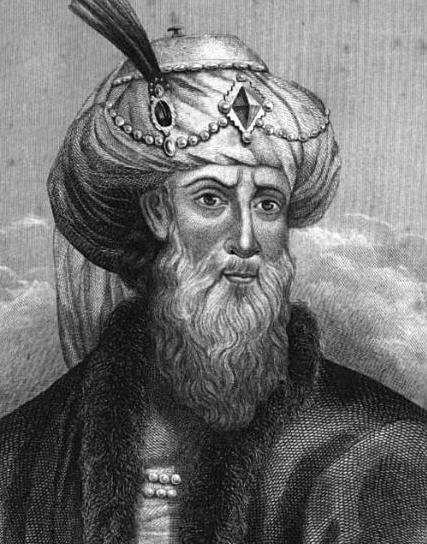
Proof: Josephus mentions Jesus.1
Now there was about this time Jesus, a wise man, if it be lawful to call him a man; for he was a doer of wonderful works, a teacher of such men as receive the truth with pleasure. He drew over to him both many of the Jews and many of the Gentiles. He was [the] Christ. And when Pilate, at the suggestion of the principal men amongst us, had condemned him to the cross, those that loved him at the first did not forsake him; for he appeared to them alive again the third day; as the divine prophets had foretold these and ten thousand other wonderful things concerning him. And the tribe of Christians, so named from him, are not extinct at this day. (Antiquities of the Jews 18:3:3)2
Refutation:
There are multiple issues that have been raised regarding this passage from Josephus’ writing. All or part of this particular section has been declared interpolation or forgery by leading scholars.
Scholars have concluded that the similarity between Josephus’ writing and the Book of Luke come from a common source. There is a now-lost Christian proselytizing text upon which both Luke and Josephus based their own writings.3 Simply put, Josephus copied a text intended on proselytizing the Jews and Gentiles without actually inferring that he himself believed Jesus existed or was in fact a great leader. If you notice at the end of this section Josephus appears to be writing this to show what the Christians believe and not necessarily what is in fact true.
Christian researchers have in fact attested to the insertion of certain portions of this section of Josephus’ writing. Edwin Yamauchi has stated that the following portions of this paragraph are indeed insertions and not originally in Josephus’ writings.4
- …if it be lawful to call him a man…
2. He was [the] Christ.
3. …for he appeared to them alive again the third day; as the divine prophets had foretold these and ten thousand other wonderful things concerning him.
Without the insertions the most-authentic passage would read:
Now there was about this time Jesus, a wise man; for he was a doer of wonderful works, a teacher of such men as receive the truth with pleasure. He drew over to him both many of the Jews and many of the Gentiles. And when Pilate, at the suggestion of the principal men amongst us, had condemned him to the cross, those that loved him at the first did not forsake him And the tribe of Christians, so named from him, are not extinct at this day. (Antiquities of the Jews 18:3:3)2
As you can see there is a very large difference between the writing with the later insertions and the more authentic version written by Josephus. Josephus simply wrote about one of many teachers who arose in the time of Jesus. He simply stated that this is what the people called Christians believe without inferring that he himself believes in Jesus or that such a man really did exist.
———————
1Matthew Slick “Non-Biblical Accounts of New Testament Events and/or People.” carm.org. Christian Apologetics and Research Ministry, n.d. [http://carm.org/non-biblical-accounts-new-testament-events-andor-people]
2William Whiston. “The Works of Flavius Josephus.” 1737. [http://www.sacred-texts.com/jud/josephus/index.htm]
3G. Goldberg. “The Coincidences of the Emmaus Narrative of Luke and the Testimonium of Josephus.” josephus.org. The Flavius Josephus Homepage, 1995. [http://www.josephus.org/GoldbergJosephusLuke1995.pdf]
4Matthew Slick. “Regarding the Quotes from the Historian Josephus about Jesus.” carm.org. Christian Apologetics and Research Ministry, n.d. [http://carm.org/regarding-quotes-historian-josephus-about-jesus]
